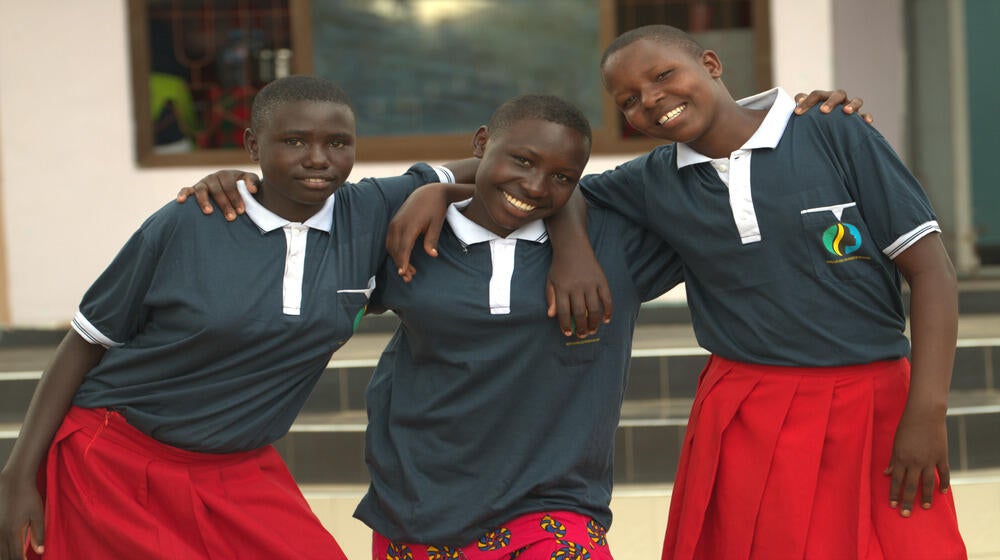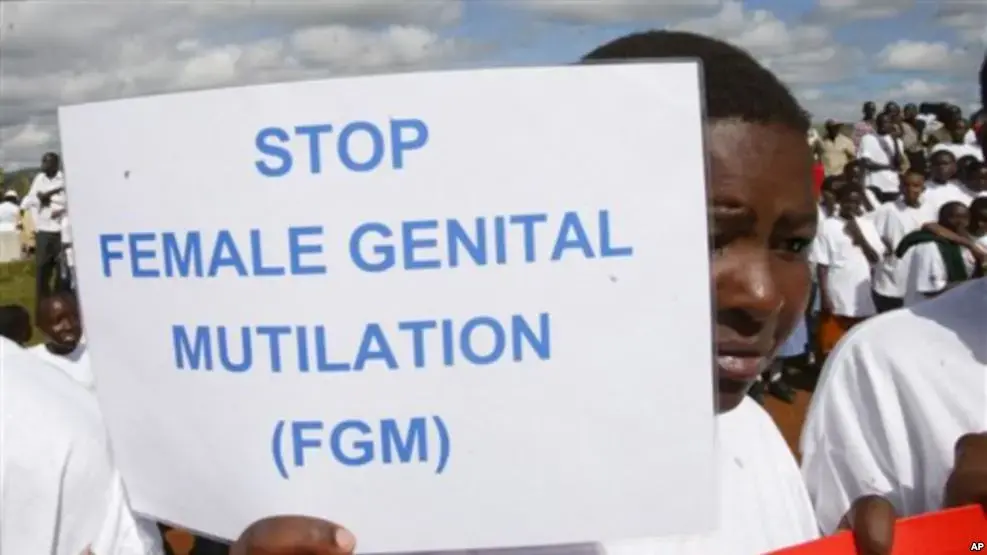International Conference on Female Genital Mutilation 09-11 October 2023
Change in a Generation For Girls and Women’s Wellbeing; Unlocking Full Potentials;
Ending Harmful Practices
“The good news is that we are not starting from scratch, we are and we will continue building upon the progress made in 2018, marked by the Ouagadougou Call to Action, the adoption of the Saleema Initiative, the African Union Accountability Framework, and the adoption of a regional costed action plan to eliminate cross-border FGM in the East and Southern Africa—all remarkable milestones that demonstrate the power of meaningful partnerships”. Said Mark Bryan Schreiner, UNFPA Representative in the United Republic of Tanzania.
Dar Es Salaam: Ending Female Genital Mutilation and other harmful practices remains an urgent priority. Africa and the global community are losing ground on this promise by current projections. The conference seeks to champion a number of outcomes, including “girls and women’s wellbeing”, “unlock girls and women’s potential” and “ending harmful practices”. Join the voices calling for "Change in a Generation"
The African Union has appreciated Tanzania’s efforts in fight against Female Genital Mutilation (FGM), with its decision to host the second International Conference on Female Genital Mutilation.
The two day- conference was opened on Monday at the Julius Nyerere International Convention Centre (JNICC). It is themed “Change in Generation” aiming at eliminating the FGM in Africa. This conference marks a pivotal moment in our shared commitment to eliminate Female Genital Mutilation—a testament to the dedication of individuals, communities, and governments worldwide. The theme, "Accelerating Change," resonates deeply with UNFPA's commitment to advancing the rights and well-being of women and girls. It urges us to not only accelerate change but also embrace innovative solutions addressing the root causes of FGM.
“I express immense gratitude for the partnership between the African Union Commission, and the UNFPA-UNICEF Joint Programme on Eliminating of Female Genital Mutilation. This collaboration bore fruit with the inaugural International Conference in 2018 in Ouagadougou, a turning point in our collective journey. The 2018 conference was a milestone in the AU Commission's relentless pursuit to combat gender-based violence and harmful practices. It played a pivotal role in mobilizing regional and country-level resources and partnerships, aligning with our commitment to tackle FGM”. Said Mark Bryan Schreiner, UNFPA Representative in the United Republic of Tanzania.
Only five years ago, the global figure of 68 million girls and women being at risk of FGM sounded an alarm for the international community and key actors working tirelessly to unroot this harmful practice from the communities where it persists. With emerging trends such as the COVID-19 pandemic, climate change, humanitarian crises, and conflict, we face new and complex challenges. These challenges are already increasing the global burden of harmful practices, placing more girls and women at risk of FGM. On the promising side, significant progress globally have been made. Girls are today one third less likely to be subjected to FGM compared to three decades ago. To reach the sustainable development goal 5.3 and reach ZERO cases of FGM, it is important to accelerate efforts and investments at least 10 times faster.
Minister for Community Development, Gender, Women and Special Groups, Dr Dorothy Gwajima, said Tanzania has demonstrated its efforts in eliminating FGM in many parts of the country. “From the previous reports it shows that in 2010 the rate of FGM was 30 per cent but in 2015 it was only 10 per cent of girls undergoing the FGM but now we know there are still some regions that are still practicing it and we are working hard to stop that custom,” said Dr Gwajima.
“This will be an opportunity for us to exchange ideas and knowledge so as to work together to eliminate FGM in Africa.” She said October 11 2023 will be the International Girl Child Day with a theme “Invest in Girls’ Rights: Our Leadership, Our Well-being” aiming to give knowledge to girls to understand their rights and their abilities so as they can become what they want. She added that girls should be given chance to get education and realize their dreams. She condemned acts that put girls in the temptations as a result they drop out of the school.
In the last 5 years, through the global joint programme on the Elimination of FGM and with support from the Spotlight Initiative Africa Regional Programme, we have seen
- more than 12 million people participated in public declarations,
- more than 144 million people were reached through mass and social media campaigns,
- more than 2.9 million girls and women received services in healthcare, social welfare, and access to justice,
- more than 436,000 men and boys engaged in activities promoting gender equality and positive masculinities related to FGM,
- 118,000 religious, community, and traditional leaders publicly denounced FGM as a harmful practice
The presence of delegates is a testimony of commitment to invest more on all fronts and in the coming 7 years leading to 2030 through:
- stronger political will from policymakers and decision-makers,
- stronger partnerships and new ones, especially civil society, women-led organizations and survivors of FGM,
- stronger financial commitments including from donor countries and at national levels through budget lines on eliminating FGM,
- enhanced law enforcement and legislations, especially to address emerging trends such as FGM medicalization and cross-border FGM,
- enhanced accountability systems across all levels, especially at national levels, built on the African Union Accountability Framework on the Elimination of Harmful Practices,
- more investment in data collection and analysis at national, regional and sub-regional levels,
- and more investment in youth and innovation.
Together, let us work relentlessly to end gender-based violence and harmful practices. Let us be the change-makers, the advocates, and the leaders who bring about a future where every girl and woman can live to her fullest potential with full autonomy over her body and choices. The conference involve 900 participants from different countries in the world. Out of which 200 are Tanzanians coming from the regions with high rate of FGM cases.
For further information please contact:
Warren Bright,
Communications Analyst,
United Nations Population Fund,
Tanzania,
Email: bwarren@unfpa.org,
Mobile: +255 764 43 44 45



